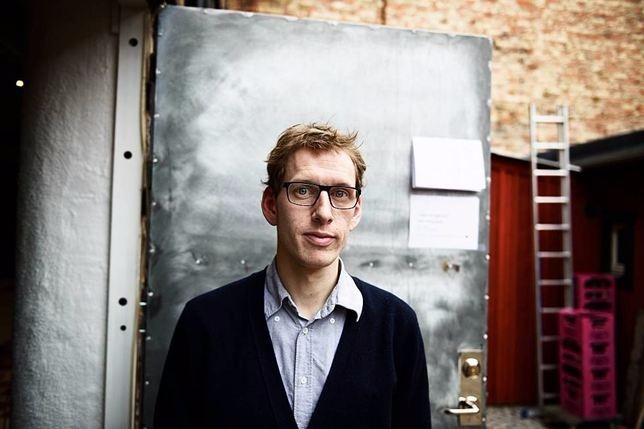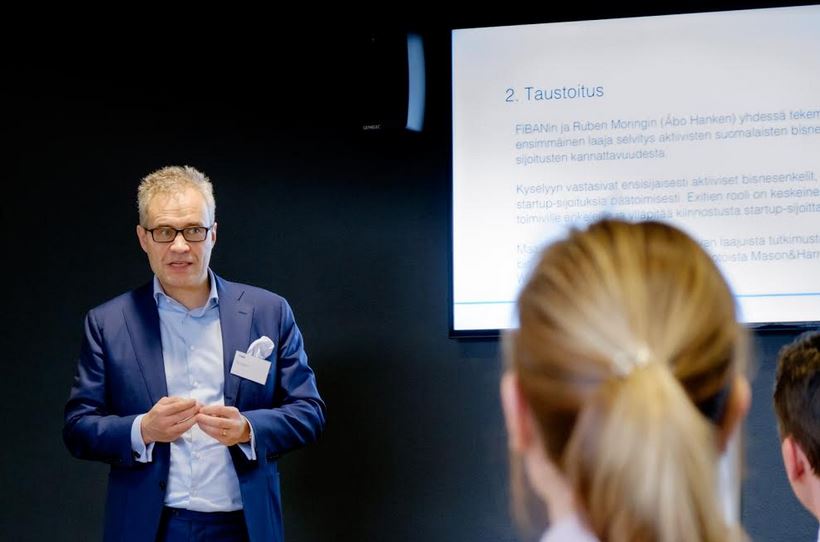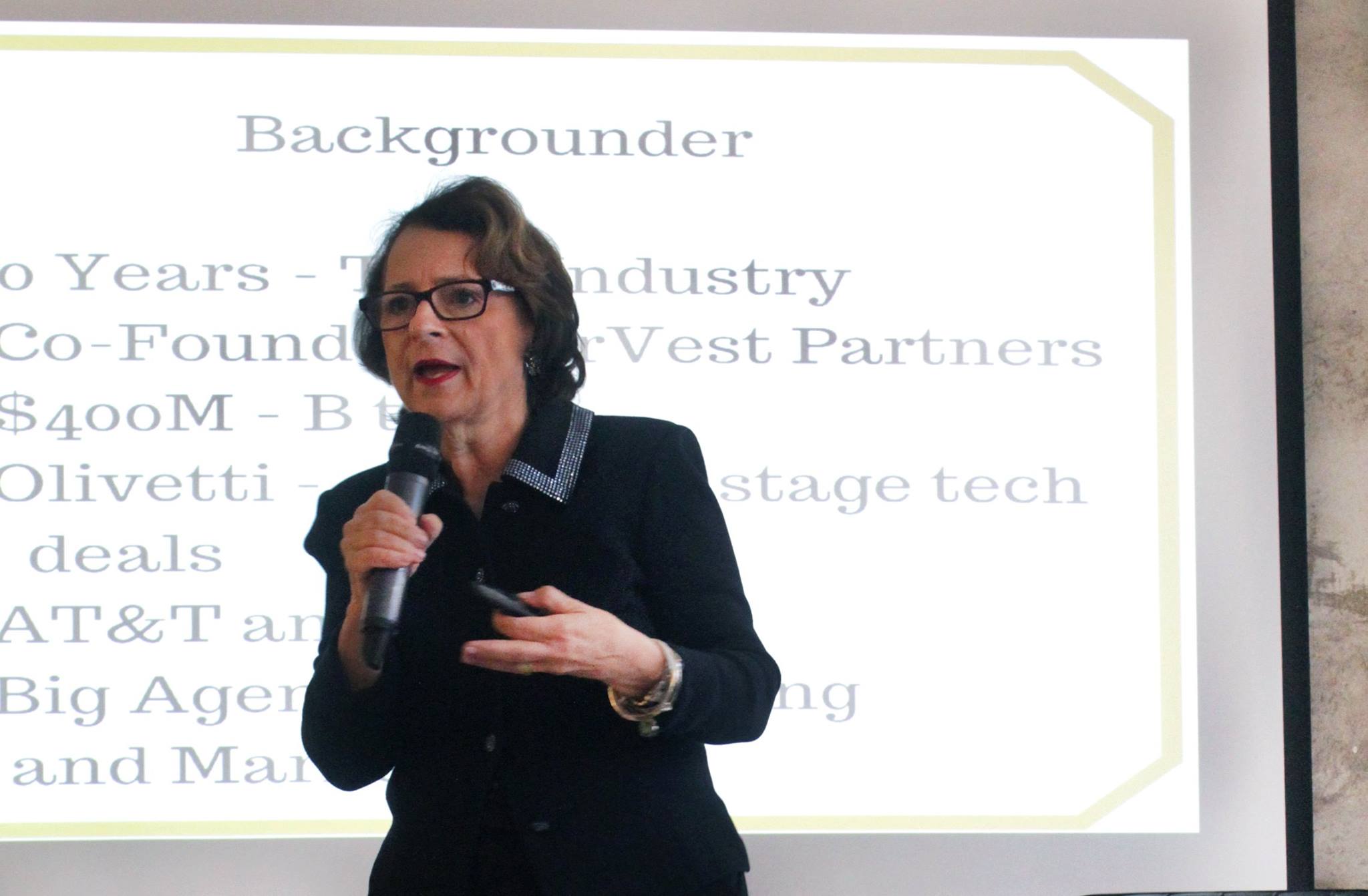How to strategize your business process

Nordic angel investor Hampus Jakobsson presents some clear go-to advice for how to strategize your business process.
The advice was originally posted as an answer to the question:
“This is my first startup company and I read conflicting ways of strategizing the business process online. Can someone help provide clarity in what I should be doing?”
Find the original here.
I think you should be more specific in your question.
My recommendation for a process is:
1. Find a problem you really care about
2. Find people with that problem and interview them what the problem reallyis, how they try to solve it today, how much they really try to solve it
3. Try to in an simple and crude way solve their problem – get feedback
4. In the meantime of 1-3 ,try to find 1-2 co-founders who complement you in skills, but that you like and who also care about the problem
5. When you have worked for at least a month and
(a) still enjoy talking to the users/customers/people with the problem
(b) still love the problem
(c) still like your co-founders and feel like you get a lot done together and have healthy disagreements,
then you can create a company together and sign a shareholders agreement (downloadable free online, don’t pay for one)
6. Have a prototype that somehow serves your users need and iterate to make them manically happy (easy to measure by how much they use the product even if it crappy / rough around the edges – this is called retention). You can also sketch out how you could make money if not obvious.
7. Try to roughly sketch:
(a) how common the problem is – are we talking all the people in the world or young hipster florists in Manhattan?
(b) how painful the problem is to them – are we talking about them gladly paying $5000 per usage or not really wanting to pay but being ok with you using data / showing ads / something else evil?
(c) how easy it was to find them – did they come to you or did you have to chase them?
With these three you can “sketch”:
– your TAM bottom-up (total addressable market) = a * b. Try to sanity check this making a top-down TAM by googling on the market and see if you can find anything . But take the top-down TAM with a bucket of salt.
– your CAC (customer acquisition cost) = c / a.
– your FYR (first year revenue) per user = b
Look at these.
– If the TAM < $500m it is usually really hard to get capital, and it should probably be in the billons honestly.
– if the FYR < $500 it means that you can’t really have any sales but people must buy on their own.
– if the $5000 > FYR > $500 you can allow yourself to call people or email them etc. But not travel.
– if the FYR > $5000 you can meet people in person and even travel.
8. Still enjoy everything in (5)? Have a prototype as in (6)? Have a sketch/thought a bit about the market (7)? Then go talk to angels. What angels? People who really care about the problem or love the market. When you meet them, don’t be nervous, be interesting. You are working in an area they love and they will be super interested to hear what you are doing. Allow yourself to be a nerd. Raise enough so that your team with really bad salaries and no extra expenses can live through 12 months and get users / customers. Only raise from angels you like.
9. Keep the angels close – send them an honest bi-weekly update. Talk about the progress and the problems and where you need help. Think of them like your siblings, not your teachers or parents. They don’t own you or control you.
10. If you start to get traction – talk to more investors.
Hampus Jakobsson has invested in 35 startups with an average investment of 50-100,000 dollars pr. startup. He is located in Malmö, Sweden, from where he has a very close connection to the Nordic startups.
You can find the original edition of the answer here.










